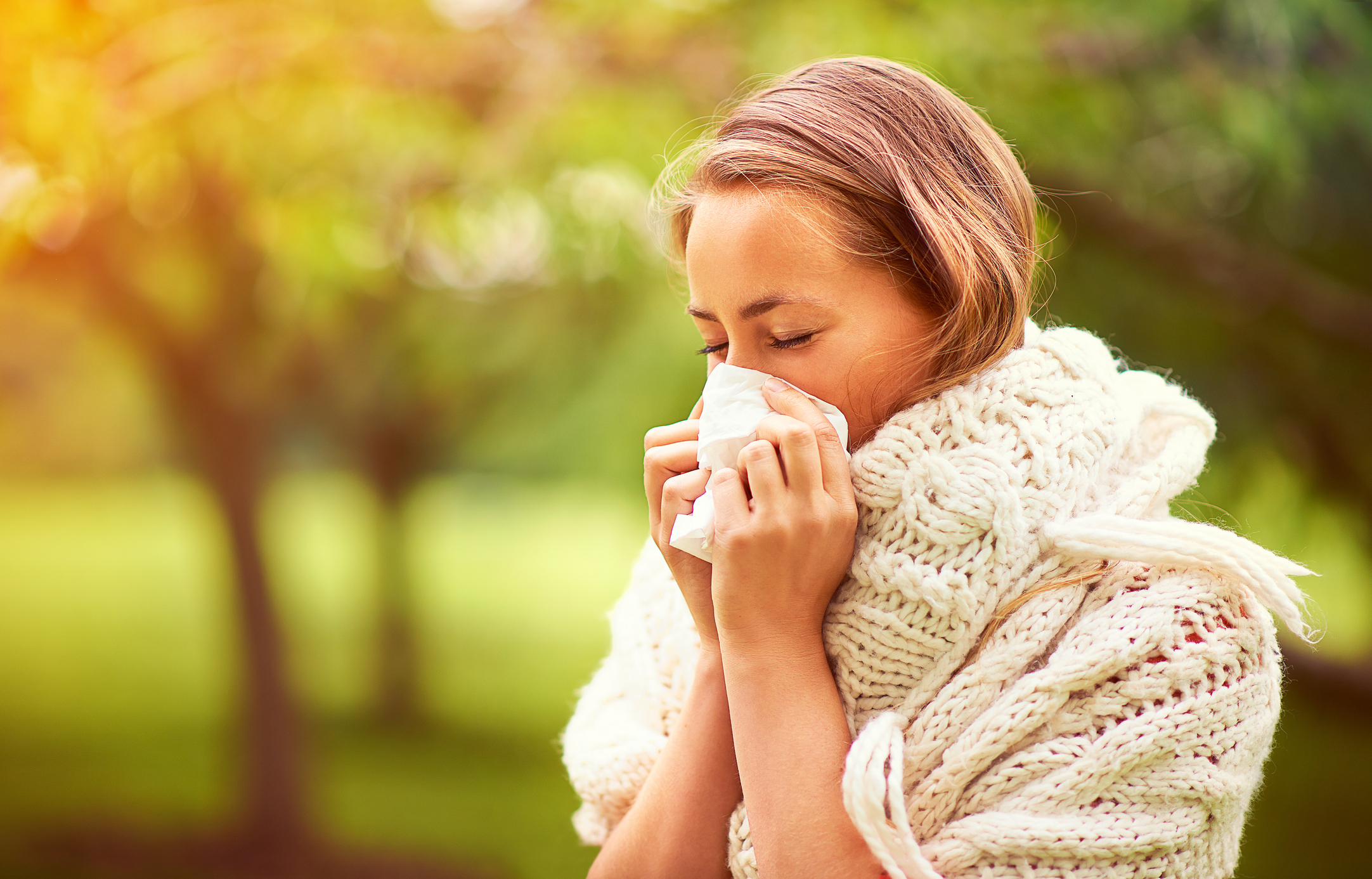Navigating Seasonal Allergies: Tips for Relief and Management

As the vibrant city of Atlanta transitions through its seasons, many residents find themselves grappling with the unwelcome arrival of seasonal allergies. The lush landscapes and diverse plant life that make Atlanta so beautiful can also trigger allergic reactions in sensitive individuals. Understanding the causes, symptoms, and effective management strategies for seasonal allergies is crucial for maintaining optimal health and quality of life.
The Culprits: Common Allergens in North Atlanta
North Atlanta’s unique climate and flora contribute to a high prevalence of seasonal allergies. Pollen from various trees, grasses, and weeds are among the primary allergens responsible for triggering allergic reactions. Some common culprits include:
- Oak Trees: The Atlanta area is home to numerous oak species that release abundant pollen in spring. This pollen is notorious for causing allergic rhinitis (hay fever) symptoms.
- Bermuda Grass: Widely found in lawns and parks, Bermuda grass produces pollen in late spring and early summer, leading to allergic reactions in susceptible individuals.
- Ragweed: This pervasive weed releases pollen in late summer and fall, triggering allergy symptoms like sneezing, congestion, and itchy eyes.
- Mold Spores: North Atlanta’s humid climate provides an ideal environment for mold growth. Mold spores can exacerbate allergies, especially in indoor spaces with poor ventilation.
Symptoms of Seasonal Allergies
Recognizing the symptoms of seasonal allergies is crucial for prompt management. Common symptoms include:
- Sneezing and Runny Nose: Allergens like pollen can irritate the nasal passages, leading to frequent sneezing and a runny or stuffy nose.
- Itchy and Watery Eyes: Red, itchy, and watery eyes are classic signs of allergic conjunctivitis, often triggered by exposure to pollen.
- Coughing and Throat Irritation: Postnasal drip caused by allergies can lead to a persistent cough and throat irritation.
- Fatigue: Allergy symptoms, especially poor sleep due to congestion, can contribute to feelings of fatigue and irritability.
Managing Seasonal Allergies
While complete avoidance of allergens may be challenging, several strategies can help you effectively manage your seasonal allergies:
- Monitor Pollen Levels: Stay informed about daily pollen counts in your area. On high pollen days, consider minimizing outdoor activities, especially during peak pollen hours.
- Keep Indoor Spaces Clean: Regularly clean and vacuum your home to reduce indoor allergens. Consider using high-efficiency particulate air (HEPA) filters in your HVAC system.
- Create Allergy-Free Zones: Designate certain areas of your home as allergen-free zones, such as your bedroom. Keep windows closed during high pollen seasons and use air conditioning instead.
- Nasal Irrigation: Saline nasal irrigation can help clear nasal passages of allergens and mucus, providing relief from congestion and improving breathing.
- Over-the-Counter Medications: Antihistamines, decongestants, and nasal corticosteroids are available over-the-counter and can provide temporary relief from allergy symptoms. However, consult a healthcare professional before starting any new medication.
- Prescription Treatments: If your allergies are severe or not adequately managed by over-the-counter options, a visit to an Ear, Nose, and Throat (ENT) specialist is recommended. They can prescribe stronger medications or recommend other treatments, such as allergy shots (immunotherapy).
- Allergen Immunotherapy: Allergy shots, or immunotherapy, can help your body build a tolerance to allergens over time, reducing the severity of your allergic reactions.
Navigating seasonal allergies requires a proactive approach that combines awareness, prevention, and effective management. If your seasonal allergies are significantly impacting your quality of life or if you’re unsure about the best course of action, consulting with an ENT physician is a wise decision. North Atlanta ENT & Allergy offers expert care for individuals dealing with seasonal allergies. Our experienced providers can offer personalized guidance, perform allergy testing to identify specific triggers, and recommend tailored treatment plans. Call 678-679-5070 to schedule your visit today.








 Make an Appointment
Make an Appointment